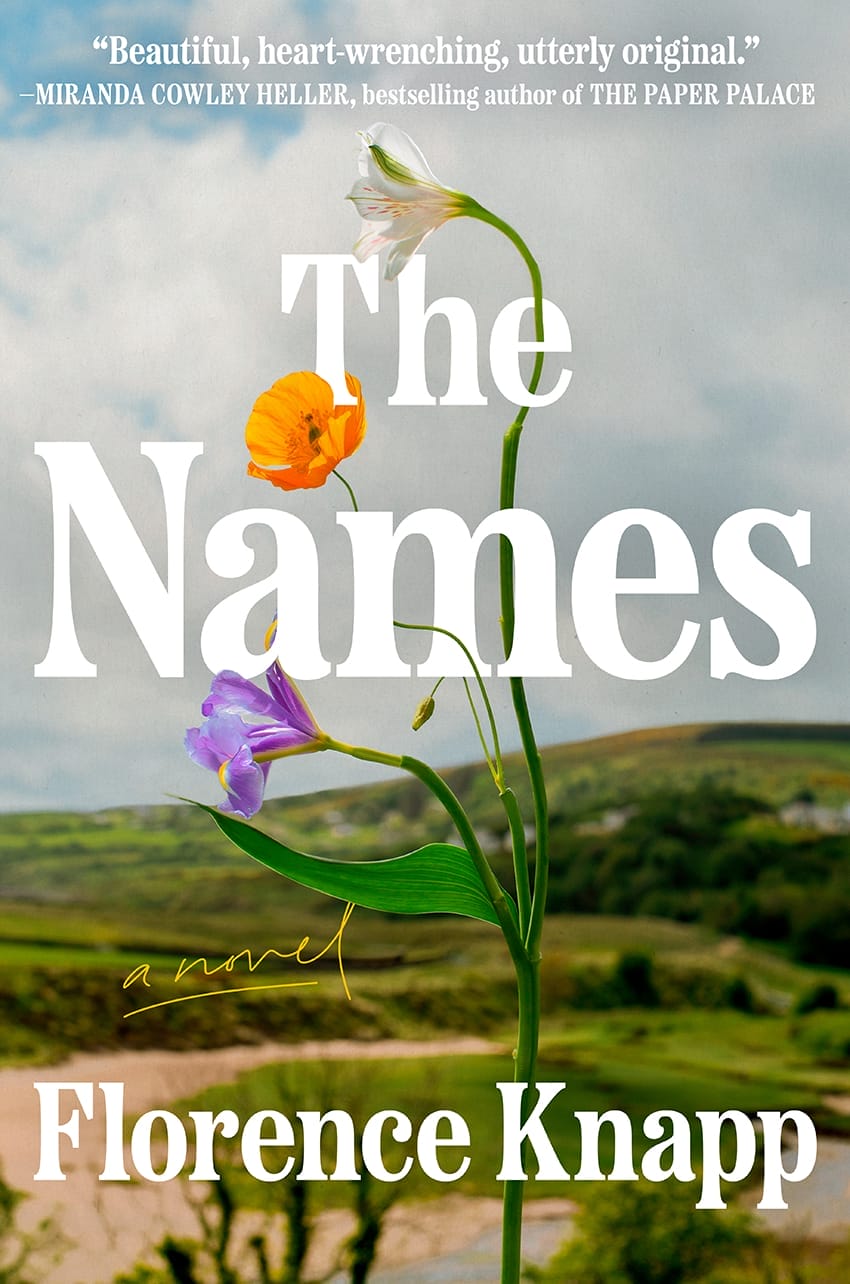

The Names
Can a name change the course of a life?
In the wake of a catastrophic storm Cora sets off with her nine-year-old daughter, Maia, to register her son’s birth. Her husband, Gordon, a local doctor, respected in the community but terrifying and controlling at home, expects her to name the infant after him. But when the registrar asks what she’d like to call the child, Cora hesitates.
Spanning thirty-five years, what follows are three alternative and alternating versions of Cora’s and her young son’s lives, shaped by her choice of name. The Names explores the painful ripple effects of domestic abuse, the messy ties of family, and the possibilities of autonomy and healing.
My thoughts:
This book punched me in the face. Seriously. I’m still reeling. I’ve been looking forward to reading it for months, and it definitely didn’t disappoint. It’s heavy, though. Really heavy. I knew going in that it wasn’t going to be an easy read, but I wasn’t prepared for just how much it would stick with me after I turned the last page. I’m still thinking about it.
The premise is pretty simple, but the story is complex and very thought-provoking. Cora, a young mother, heads out with her nine-year-old daughter, Maia, to register the birth of her newborn son. Cora’s husband, Gordon, a local doctor who’s well-loved in the community, wants the baby to be named after him. It’s a family tradition. He was named after his father, and his father before him. But Gordon isn’t just a proud father. He’s controlling. He’s abusive. And we get the idea that the abuse stems from his issues with his own father.
So, it’s only natural that Cora would wonder what would happen if she were to name her son something else. Would that break the cycle of toxic masculinity? Would another name give her newborn son a better life? She would like to name her son Julian, while Maia votes to name him Bear. And this is what prompts the rest of the novel.
The book splits into three parallel timelines based on that one choice. We see snapshots of their lives at seven-year intervals, from 1984 all the way to 2022. Each version of the boy—whether he’s Gordon, Julian, or Bear—is very different, but it’s not just the boy who changes. It’s everyone around him. The husband Gordon’s reaction to his name being chosen—or not chosen—completely alters the dynamics of the family. It’s fascinating and horrifying at the same time.
The characters are all amazing and fully fleshed out. Gordon is an awful man, and I absolutely hated him. He got under my skin, and I wanted nothing but very bad things to happen to him. Cora absolutely broke my heart. She’s stuck in this life where every decision feels like a battle. Even naming her son becomes this monumental act of resistance. The abuse isn’t always front and center, but it’s there, and it affects all of them. Maia’s story was also very interesting. I loved that who she was at her core didn’t change throughout each version of the story, but the choices she makes and where she goes in life do differ. And then there’s Bear/Julian/Gordon. It’s his life that differs the most, and I loved watching how his mother’s decision on what to name him and his father’s reaction to said name shaped everything about his life.
I have to mention the audiobook because I alternated between listening and reading, and Dervla Kirwan absolutely nails it. Her voice carries so much emotion without being overdramatic. I honestly think the audio made the story hit even harder.
In the end, it’s hard to say who this book is for. If you like stories about family dynamics and how seemingly small decisions can ripple through your life, then definitely pick this one up. But if stories of domestic abuse are triggering for you, be cautious. It doesn’t go easy on the subject, and there were moments where I had to take a break just to breathe. The writing is beautiful but not overly flowery. It’s direct and to the point. Knapp doesn’t sugarcoat things, and I respect that. There’s a rawness to the way she writes about pain and hope.
This isn’t a book you just read and forget. It sticks. I kept thinking about it (in fact, I still am). It’s a lot to unpack. If you’re up for a challenging but rewarding read, give it a try. Just know that it’s going to linger long after you close the book.
Genre(s):
Other Bookish Tags:
Book Club/Book Box:













